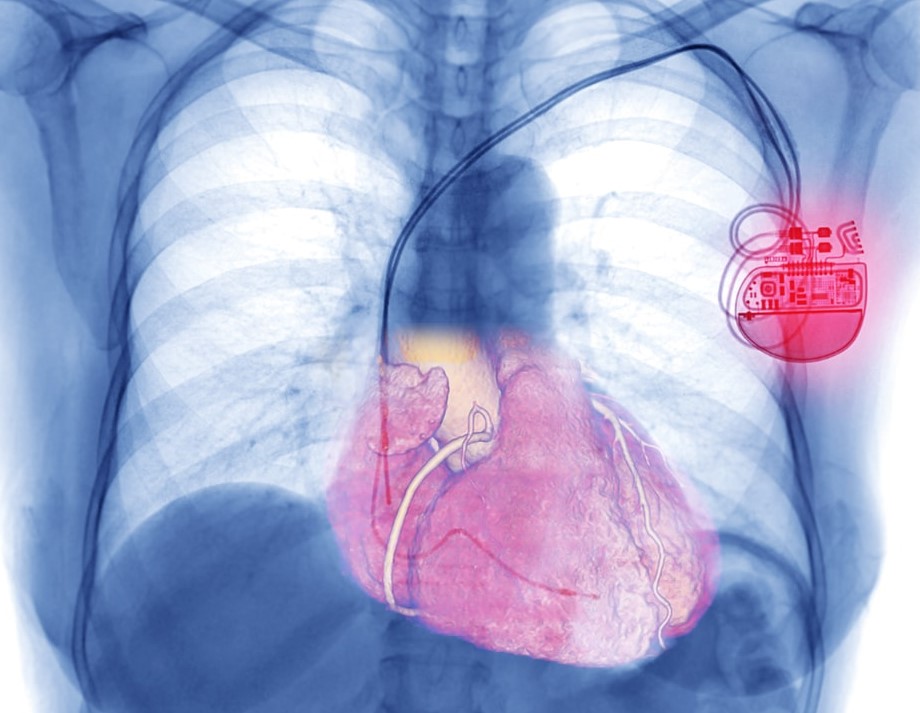
Permanent Pacemaker Implantation
Permanent pacemaker implantation is a medical procedure used in cardiology services to regulate a patient's heart rhythm. This procedure involves the insertion of a small electronic device, known as a pacemaker, which delivers electrical impulses to the heart to regulate its beat.
Permanent pacemakers are typically used when a patient's heart rate is too slow or irregular, or when other treatments have failed to regulate the heart's rhythm. The procedure is performed in a hospital or cardiac catheterization laboratory and is typically done under local anesthesia.
During the procedure, a small incision is made in the chest and a lead wire is inserted through a vein and guided to the heart. The lead is attached to the pacemaker device, which is then placed under the skin, usually below the collarbone. The pacemaker is programmed to deliver electrical impulses at a rate and intensity that are appropriate for the patient's condition.
After the procedure, patients will need to avoid certain activities for a short period of time while the pacemaker is healing. However, most patients are able to return to their normal activities within a few days.
Permanent pacemakers are often used to treat conditions such as bradycardia, a slow heart rate, or heart block, a condition in which the electrical signals that regulate the heart's rhythm are disrupted. By regulating the heart's rhythm, a pacemaker can help prevent complications such as dizziness, fainting, or even heart failure.
While permanent pacemaker implantation is generally a safe procedure, there are some risks associated with it, including bleeding, infection, and damage to the heart or blood vessels. However, these risks are typically rare and can be managed by experienced healthcare professionals.
Overall, permanent pacemaker implantation is a valuable tool in cardiology services for regulating the heart's rhythm and preventing complications associated with a slow or irregular heartbeat. If you are experiencing symptoms such as dizziness, fainting, or a slow or irregular heartbeat, your healthcare provider may recommend permanent pacemaker implantation to help regulate your heart rate. While the procedure may seem intimidating, it is a safe and effective way to regulate the heart's rhythm and improve the patient's quality of life. Be sure to discuss any questions or concerns you may have about the procedure with your healthcare provider to ensure you understand the benefits and risks.
Contact Hopeclinic for permanent pacemaker implantation procedure service in Ghatkopar
Address
Hope Clinic Neelyog Veydaanta, 1st Floor, Unit-006,Ghatkopar West
Call Us Now
+91 7039767537
Appointment
hopeclinick@gmail.com
Opening Hours
Monday to Saturday
07:00 pm - 10:00 pm
